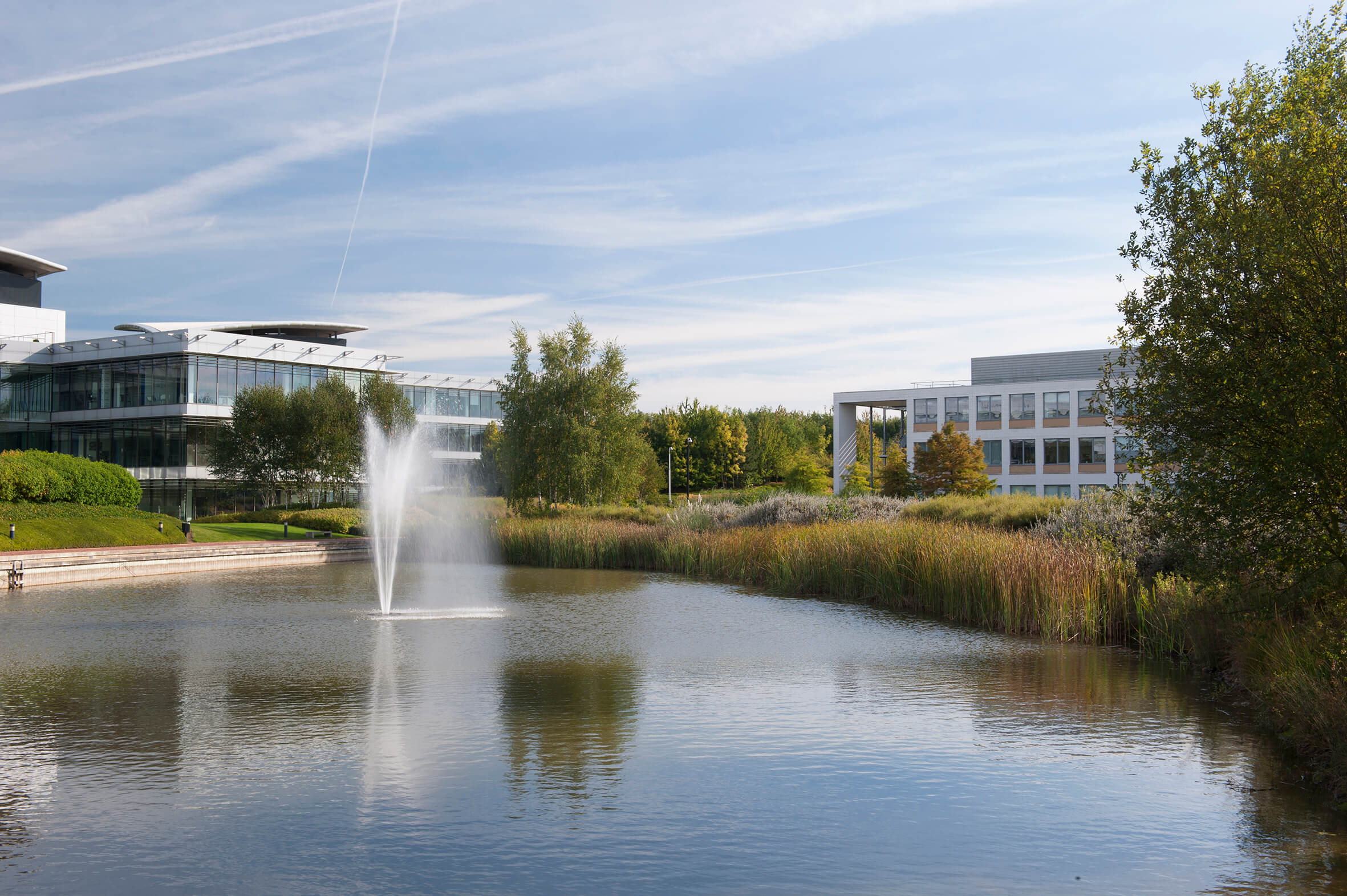British Columbia
Critical minerals, policy, and the energy transition
The Energy Transition in British Columbia, Canada
British Columbia (BC) stands at the forefront of Canada's energy transition, leveraging its unique geographical and natural resource advantages to pioneer a shift towards a more sustainable and renewable energy future. This province, renowned for its lush landscapes and abundant natural resources, is charting a path through the complex terrain of energy transformation. It focuses on harnessing renewable energy sources and capitalising on its critical mineral reserves. BC's energy transition strategy encompasses a broad spectrum of initiatives, from expanding hydroelectric power, which already constitutes a significant portion of its energy mix, to investing in emerging renewable technologies such as wind, solar, and geothermal energy. Critical to BC's transition is the strategic development of its critical mineral resources, including lithium, cobalt, and copper, which are pivotal for renewable energy technologies and electric vehicles. British Columbia is committed to environmental stewardship, indigenous partnerships, and sustainable development practices. However, navigating this transition involves addressing the challenges posed by regulatory frameworks, environmental concerns, and the need for infrastructure that aligns with these sustainable goals, and is positioning itself as a leader, and developing a more resilient economy.
British Columbia's Strategic Initiatives for a Cleaner Economy and Critical Minerals Development
British Columbia is actively shaping its energy future by introducing the New Energy Action Framework, which underscores the province's commitment to capping emissions and transitioning towards a clean economy. This initiative aims to align the oil and gas sector with BC's climate commitments, promoting clean energy and technology while ensuring new LNG facilities and the oil and gas industry adhere to stringent emissions reduction targets. Establishing a clean-energy and central projects office to expedite investments in clean energy and technology underscores BC's dedication to fostering sustainable economic growth and job creation within a cleaner economy. This framework is bolstered by BC Hydro's efforts to accelerate the province's economic electrification, highlighting a comprehensive approach to achieving environmental and climate objectives.
Parallel to these efforts, the CleanBC Roadmap to 2030 is a more ambitious climate action plan to reduce climate pollution and cultivate a cleaner, more robust economy across the province. Building on effective measures from BC's original climate plan, the roadmap introduces innovative strategies to meet the Paris emissions reduction targets by 2030 and reach net-zero emissions by 2050. This plan prioritizes making polluting more expensive and transitioning to clean energy alternatives more affordable, aligning large industry partners with provincial climate goals through sector-specific pollution reduction plans.
Furthermore, the British Columbia Utilities Commission (BCUC) is pivotal in overseeing the province's energy transition, ensuring that utility customers' interests are safeguarded as BC pursues increased use of clean and renewable energy and aims to reduce greenhouse gas emissions by 80% by 2050. The BCUC's role is critical in evaluating energy utilities' initiatives towards meeting government objectives cost-effectively and efficiently. This includes conducting reviews of energy applications to ensure that they are in the public interest, just, reasonable, and not unduly discriminatory, while aligning with the government's greenhouse gas reduction targets.


Source: SFA (Oxford)
British Colombia's energy and power mix
Critical Minerals identified by the Mining Association of British Columbia, 2024
Energy Raw Materials and products produced in British Columbia
New Energy Raw Materials and Projects in British Columbia
Essential minerals production and products in British Columbia
The journey of Canada's critical minerals
Canada's renewable energy progress hinges on crucial minerals like lithium, nickel and cobalt, PGMs, rare earths, and minor metals, essential for low carbon and future technologies supported by sustainable mining and innovation policies. This strategy underscores the importance of these minerals in achieving a future of sustainability and energy security. Discover how these critical minerals are pivotal to Canada's sustainable energy transition.


Meet the Critical Minerals team
Trusted advice from a dedicated team of experts.

Henk de Hoop
Chief Executive Officer

Beresford Clarke
Managing Director: Technical & Research

Jamie Underwood
Principal Consultant

Ismet Soyocak
ESG & Critical Minerals Lead

Rj Coetzee
Senior Market Analyst: Battery Materials and Technologies

How can we help you?
SFA (Oxford) provides bespoke, independent intelligence on the strategic metal markets, specifically tailored to your needs. To find out more about what we can offer you, please contact us.
















































